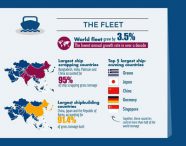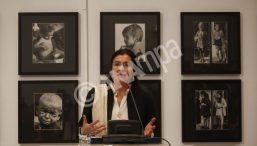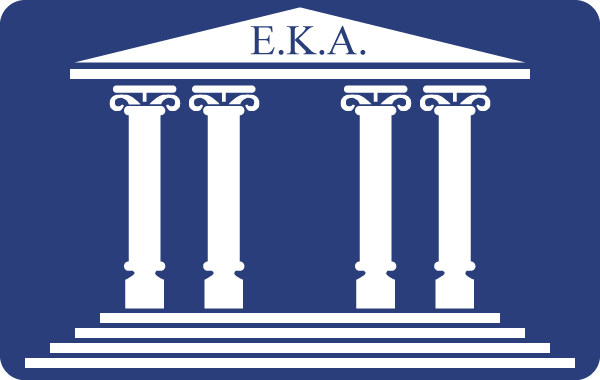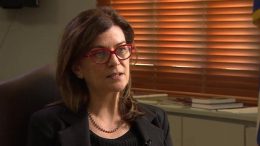Tag: Greece
-

Thessaloniki International Film Festival: Continuity and change
Thessaloniki International Film Festival (TIFF) is one of the oldest and most reputable cinema events in Southeast Europe. On the occasion of TIFF’s 57th edition (3-13.11.2016) Festivalists “online playform for independent film criticism”, published a report by Lydia Papadimitriou* that provides an overview of the verve behind recent processes in the Greek film industry (Original title: Continuity and change)**:The poster of the…
-

Greece remains the leading ship-owning country
Greek shipowners have retained their role as top players in world shipping according to a special review recently published by the United Nations Conference on Trade and Development (UNCTAD). Despite the challenges faced by the Hellenic ship owning community, Greece has continued to strengthen its position as the largest ship owning nation in recent years. The Review of…
-

Greece’s cultural heritage is its ‘real capital’, Koniordou tells ANA radio
The best way to protect Greece’s monuments, both material and immaterial, was to “bring the citizens closer to them in such as way as to enliven their own love and own awareness that these monuments bring added value to their lives,” Culture Minister Lydia Koniordou said on Sunday, talking to the Athens-Macedonian News Agency (ANA)…

